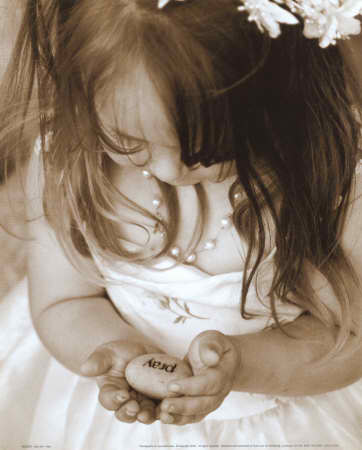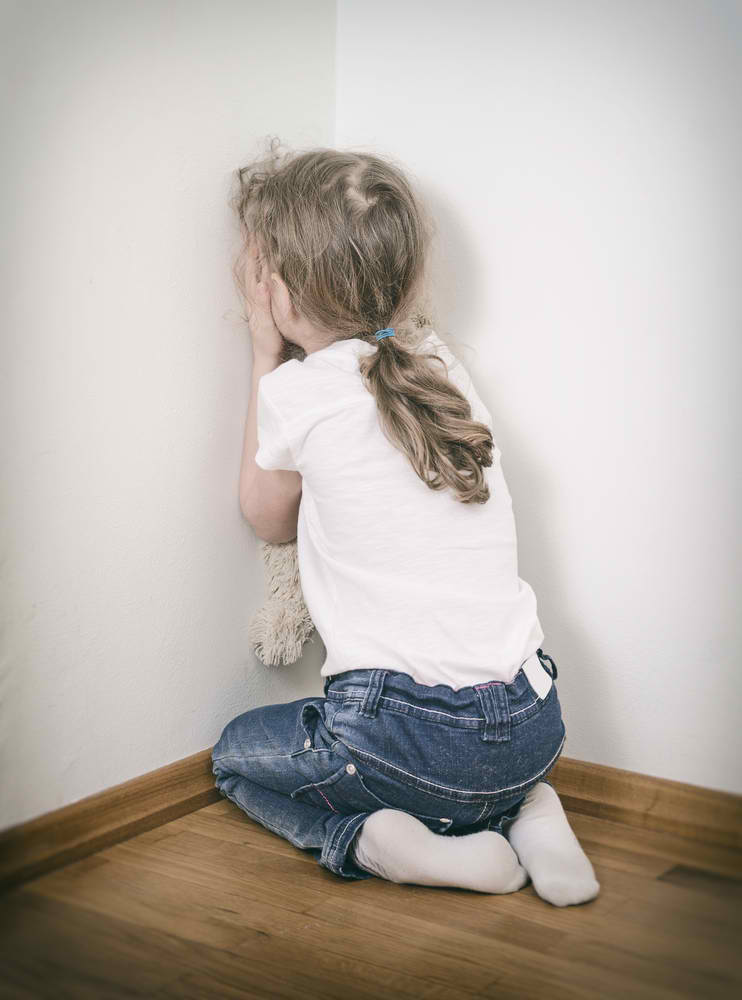I am taking a different approach to writing about growing in a family that tried to survive the best we could, an alcoholic father, husband, who sometimes raged, and for many years, all I could remember of him was passed out in his chair or in bed (after the screaming and yelling and sometimes worse subsided).
There are so many books out there about this topic. Just as there are so many love stories offered.
In combing the two, I’m trying to show how love, growing up, relationships, choices of clothes, conversations, who I took as friends — every day choices — were affected because of having an abusive alcoholic parent.
Ultimately, it affects the way we trust, the way we participate in having a boyfriend/girlfriend, our marriage, the way we open or stay closed to our children — all of the intimacy of our lives is difficult.
So that’s the story, now here’s the issue.
I gave into some bad editing advice with book 1, Shadow Heart. I’m so unhappy with it, that I am rereleasing, and a different ending, the one I wanted to begin with, will be part of book 1.
Like it or not, spelling errors, or not, it will stand. This is the final. Spelling errors are a part of most books these days, especially self-published. I can tell you I’ve spent many thousands of dollars and had five editors look at the project and each one catches different things and have different opinions.
It’s not as easy as it sounds. But with careful diligence and a steady, loving, and hopeful heart, I hope I’ve resolved most of the book’s issues.
It was be offered as an e book free in the next couple of weeks, and Fire Heart will be out with it.
There will be steep cliffhangers in each book because that’s what life is when growing up with an alcoholic – nothing but steep cliffs.
We never knew what we were getting ourselves into when we came home or he came home.
Apologies? To those of you who were upset with the first ending, I’m sorry. It’s different now, but may not be any more satisfying, but to me, it is.
I have reacted to what the public has consistently told me, and cannot obviously satisfy everyone, but I am finally at peace with the way the series is progressing.
And being at peace with it, hopefully means my heart is flying and will bring you a story you’re sometimes angry, sad, and in love with.
For those who couldn’t get into it? Sorry, life is like that. Sometimes it clicks, sometimes it doesn’t.
I can tell you that I’ve appreciated everyone’s input and everyone who read the book.
And now, the release, coming soon.
Intimacy, Love, Writing, Analyzing, Releasing, Constant Turmoil



